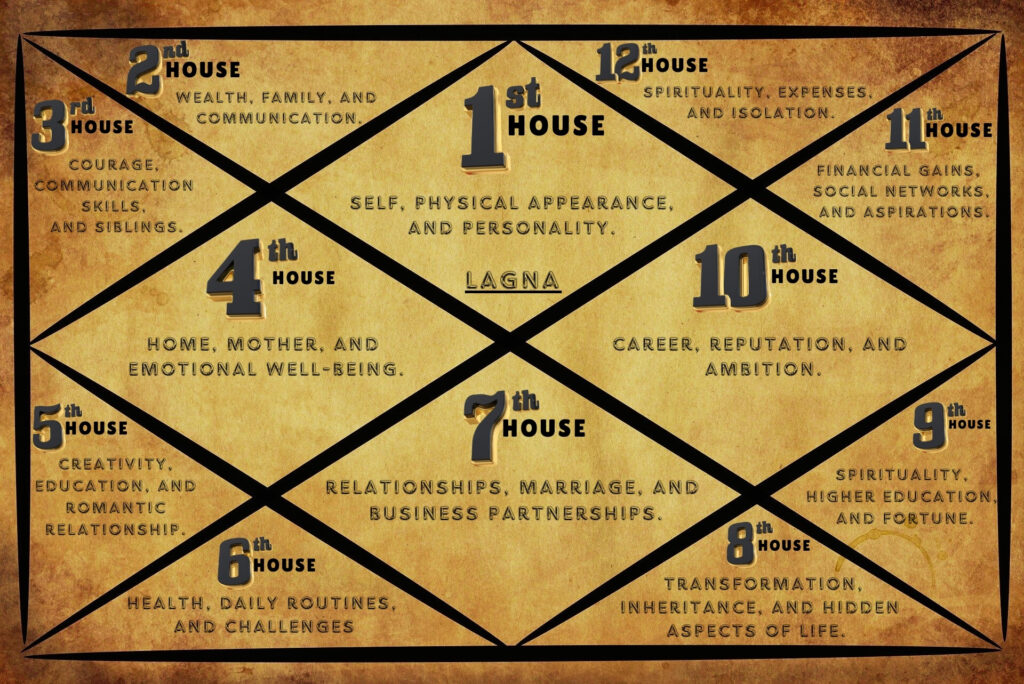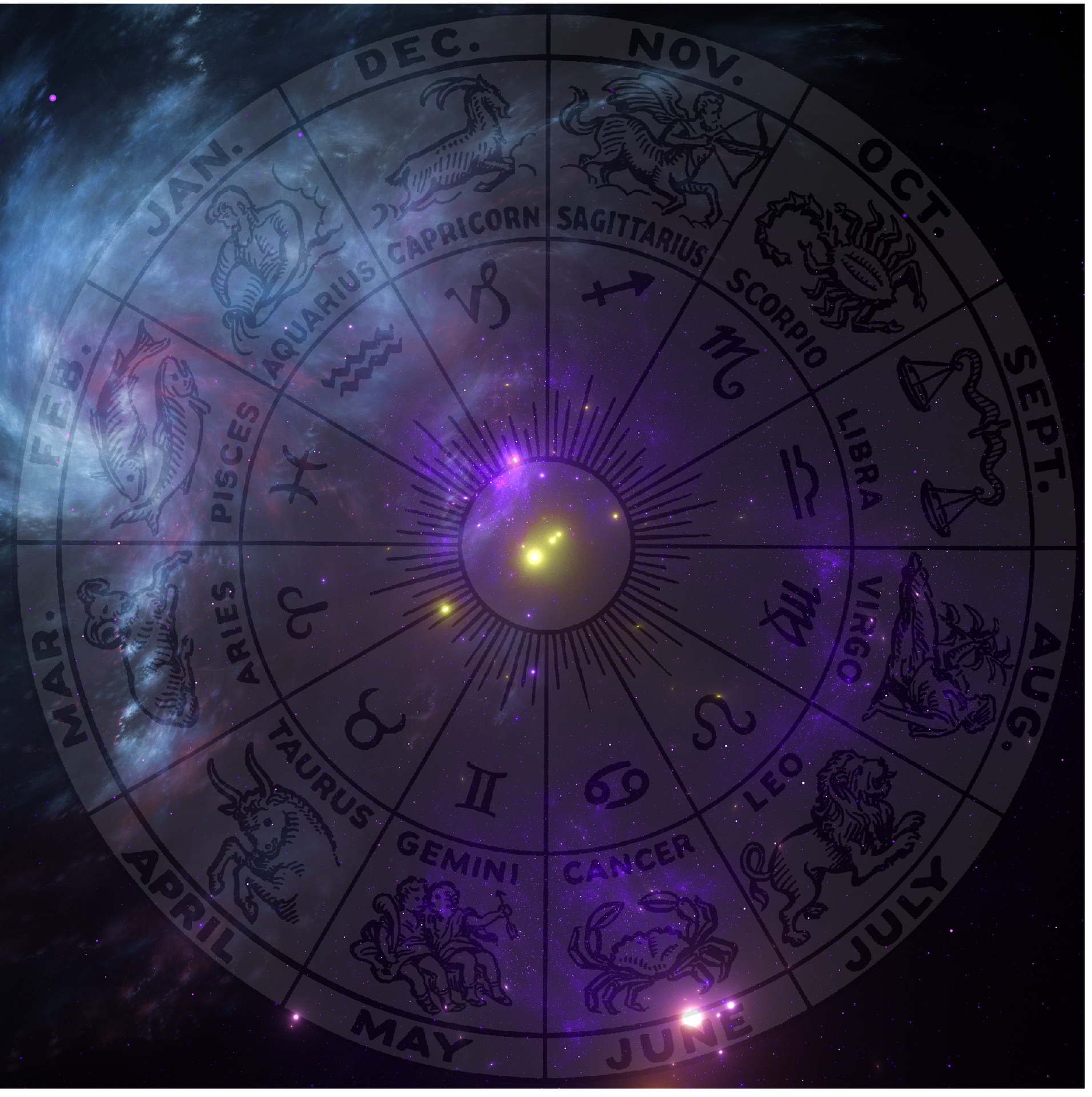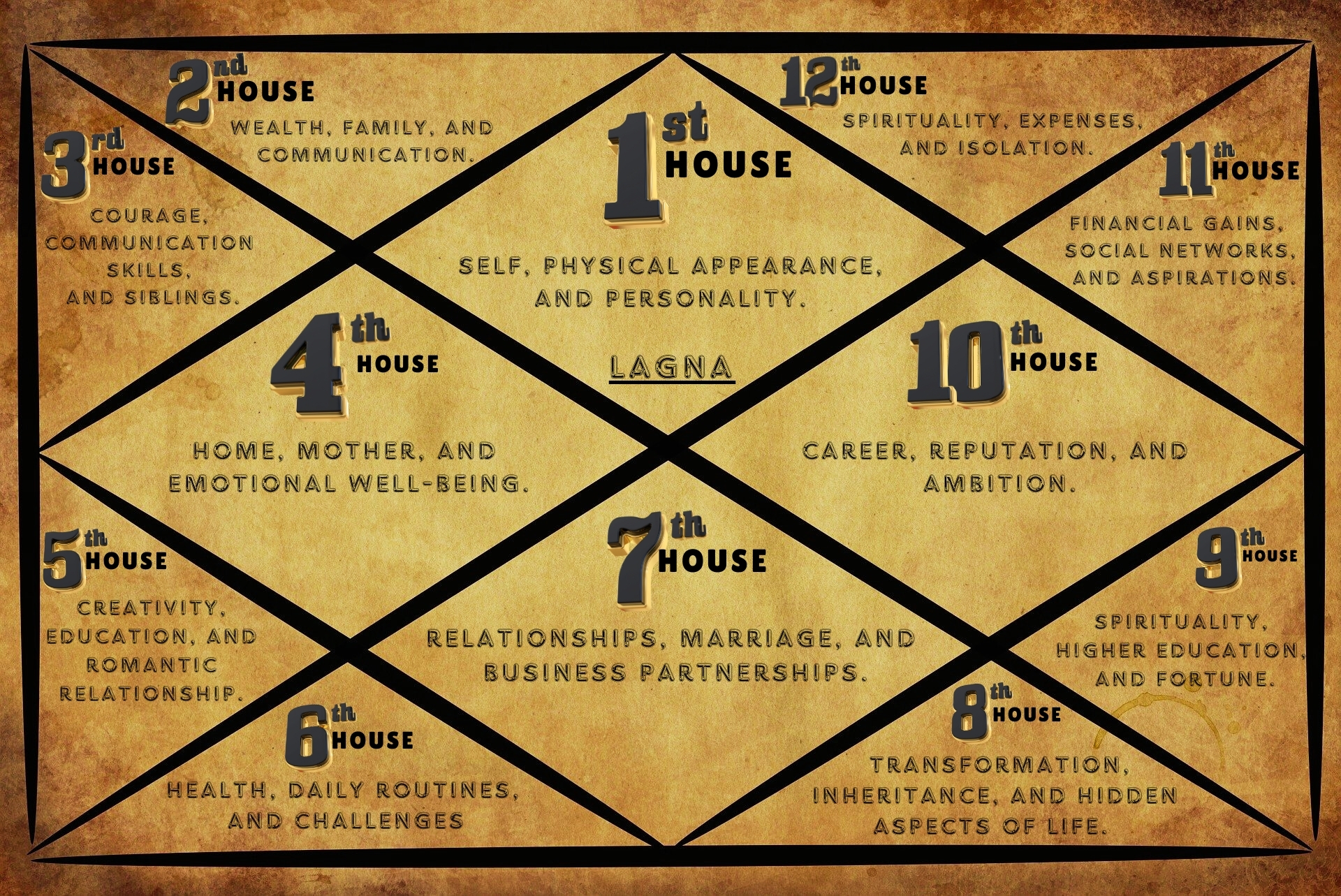Vedic astrology, also known as Jyotish Shastra, is an ancient Indian system that explores the profound influence of celestial bodies on human lives. It is believed that the movements and positions of planets at the time of your birth shape your destiny, personality, and life’s journey. Let’s dive into the intricacies of how planets affect your life in Vedic astrology and uncover their significance in your astrological chart.
Understanding How Planets Affect Your Life in Vedic Astrology
In Vedic astrology, planets are more than celestial entities; they are powerful cosmic forces that impact every facet of life. Each planet represents distinct energies and governs specific aspects, such as career, relationships, health, and spirituality. There are nine planets (Navagrahas) in Vedic astrology, which include the Sun, Moon, Mars, Mercury, Jupiter, Venus, Saturn, Rahu, and Ketu. Let’s explore their roles in detail:
1. The Sun (Surya): The Soul and Vitality
The Sun is the center of energy in Vedic astrology, symbolizing vitality, leadership, and self-expression. Its placement in your chart indicates your core personality, willpower, and potential for success. A strong Sun denotes confidence and leadership qualities, while a weak Sun may bring self-doubt and health issues.
2. The Moon (Chandra): Mind and Emotions
The Moon governs the emotional realm, influencing your mind, mood, and intuition. It represents your inner self, mental peace, and nurturing abilities. A well-placed Moon brings emotional stability, while its affliction can lead to stress and anxiety.
3. Mars (Mangal): Energy and Courage
Mars is the planet of action, ambition, and courage. It governs your drive, passion, and ability to face challenges. A strong Mars signifies assertiveness and determination, whereas a weak Mars can result in conflicts and impulsive behavior.
4. Mercury (Budh): Communication and Intelligence
Mercury symbolizes intellect, communication, and analytical skills. Its placement determines your ability to express ideas, make decisions, and adapt to situations. A favorable Mercury enhances learning and creativity, while its malefic effects may hinder logical thinking.
5. Jupiter (Guru): Wisdom and Growth
Jupiter is regarded as the planet of wisdom, abundance, and spirituality. It signifies growth, learning, and prosperity. A strong Jupiter blesses you with optimism and opportunities, whereas its weakness may result in a lack of direction.
6. Venus (Shukra): Love and Luxury
Venus governs love, beauty, and material comforts. It influences your relationships, artistic talents, and sense of aesthetics. A well-positioned Venus ensures harmony and prosperity, while its affliction may lead to struggles in relationships.
7. Saturn (Shani): Discipline and Karma
Saturn is the taskmaster of Vedic astrology, symbolizing discipline, perseverance, and karmic lessons. It tests your patience and rewards hard work. A strong Saturn brings stability, while a weak Saturn can cause delays and hardships.
8. Rahu: Ambition and Desire
Rahu, the North Node of the Moon, represents worldly desires, innovation, and materialism. Its influence can be both transformative and challenging, pushing you toward ambition or creating confusion and obsession.
9. Ketu: Detachment and Spirituality
Ketu, the South Node of the Moon, signifies spiritual growth, detachment, and past-life karma. Its placement fosters introspection and spiritual awakening, but it may also bring feelings of dissatisfaction.
How Planetary Transits Impact Your Life
Planetary transits occur when planets move from one zodiac sign to another, impacting your life dynamically. These movements influence your current circumstances, such as career growth, relationships, and health. For instance, Saturn’s transit is known for bringing major life changes, while Jupiter’s transit often brings blessings and opportunities.
Planetary Retrogrades: What Do They Mean?
Retrogrades happen when planets appear to move backward in their orbit. In Vedic astrology, retrograde planets amplify their effects, often bringing unresolved issues to the forefront. For example, Mercury retrograde is infamous for causing communication mishaps and delays, while Venus retrograde can impact relationships and finances.
The Role of the Birth Chart (Janam Kundali)
Your birth chart, or Janam Kundali, is the blueprint of your life based on the exact positions of planets at the time of your birth. Each planet occupies a specific house in your chart, influencing different aspects of life. For example:
- The 1st house (Ascendant) determines your personality and health.
- The 7th house governs relationships and partnerships.
- The 10th house represents career and public image.

Remedies to Balance Planetary Influences
When planets exert negative effects, Vedic astrology offers remedies to mitigate their impact. These include:
- Mantras: Chanting specific mantras, such as the Gayatri Mantra or Hanuman Chalisa.
- Gemstones: Wearing gemstones aligned with favorable planets.
- Charity: Donating items associated with malefic planets, like black sesame seeds for Saturn.
- Fasting: Observing fasts on specific days to appease planetary deities.
Conclusion
In Vedic astrology, planets play a pivotal role in shaping your life’s trajectory. Understanding their placement and influence can empower you to navigate challenges, seize opportunities, and achieve balance. By consulting your birth chart and seeking astrological guidance, you can harness the cosmic energies to live a fulfilling life.
FAQs on How Do Planets Affect Your Life in Vedic Astrology
- What is the role of planets in Vedic astrology?
In Vedic astrology, planets are considered powerful cosmic forces that influence various aspects of life, such as personality, career, relationships, health, and spiritual growth. Their positions in your birth chart determine their impact on your life. - How does the Sun affect your life in Vedic astrology?
The Sun represents vitality, leadership, and self-expression. A strong Sun in your birth chart enhances confidence, authority, and success, while a weak Sun can result in low self-esteem and health issues. - What happens during planetary retrogrades in Vedic astrology?
During retrogrades, planets appear to move backward in their orbit, amplifying their effects. For example, Mercury retrograde may cause communication issues, while Venus retrograde can impact relationships and finances. - How do planetary transits influence life events?
Planetary transits occur when planets move from one zodiac sign to another, bringing changes in different areas of life. For instance, Jupiter’s transit often brings growth and opportunities, while Saturn’s transit can lead to significant life lessons and challenges. - Can planetary effects be balanced or mitigated?
Yes, Vedic astrology provides remedies such as chanting specific mantras, wearing gemstones, observing fasts, and performing charitable acts to reduce the negative effects of malefic planets. - What is the significance of the birth chart in Vedic astrology?
The birth chart (Janam Kundali) is a personalized map of the planets’ positions at the time of your birth. It provides insights into your personality, life path, and areas influenced by each planet, helping you understand your strengths and challenges.



